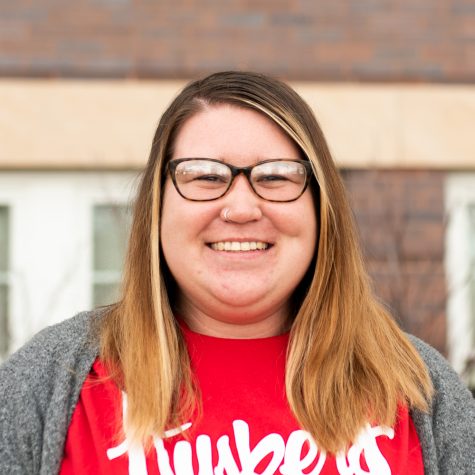WSC safe zone
Students wonder if close-knit WSC campus makes it easier or harder for LGBT communiy members to seek help
September 23, 2015
There seems to be some question whether or not students think Wayne State College is a safe place for the LGBT community, which often faces discrimination because of who they are.
Sophomore Landon Norquest sees a safe place as “a community that does not see anyone who is a part of the community any differently than they would see their family or friends.”
A close-knit college like WSC can help build a support group for the LGBT community. But it can also go downhill and become a destructive environment.
“I think the closeness of this campus is very comforting in the fact that if you are someone of a different sexual orientation or gender identity, it is sometimes easier to seek out others like you, or going through some of the same issues you might be facing,” junior Stephanie Hempel said.
Two of Wayne’s safe places are the PRIDE group and the counseling center. Even though those two safe places have distributed information widely spread around campus, some students won’t go because they fear that they will be labeled.
Sophomore Demetris Bumgardner believes that some people are afraid to be labeled with the LGBT community “because of the stigma that still comes with it.”
Teachers on campus have the choice of considering their office a safe place or not. When they decide that their office is a safe place, faculty are given a sign.
“They are marked with a small rainbow sign that reads, ‘WSC Safe Zone,’” Hempel said. “I also see it as a sign that they’re not alone.”
The only problem with these is that there seems to be not many on campus.
“The only place I have ever seen a safe zone sign is at a gas station in Omaha,” Bumgardner said.
Getting more teachers to consider their office a safe zone can help the LGBT community feel more comfortable instead of vulnerable.
Even though some students may feel that Wayne is a safe place, others feel that it needs improvement. The LGBT community would like students to know that the counseling center is always a safe place where they can go and never be alone.
“No one should be denied any sort of right or experience due to the way they live or the way the love,” Hempel said. “Human rights are non-negotiable.”







